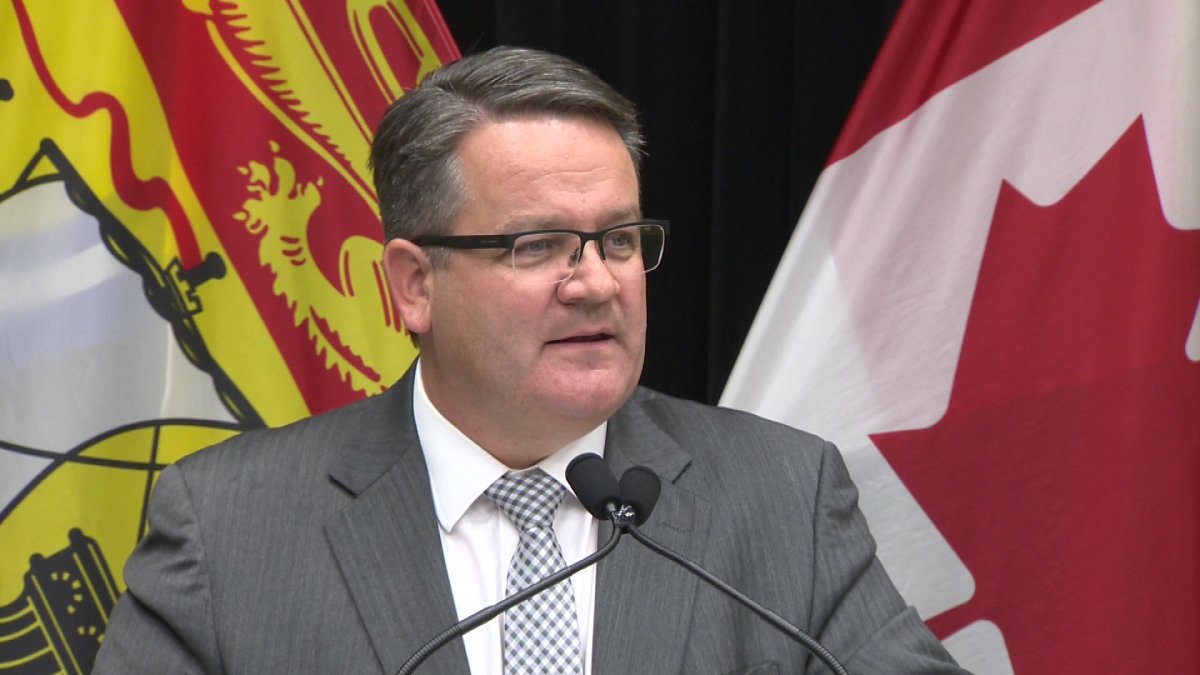Budget estimates for the New Brunswick Department of Health are projecting a $65.9-million increase over the 2015-2016 year.

The $2.5-billion budget aims to make sure, “New Brunswickers have access to the highest quality health-care services possible,” health minister Victor Boudreau said in a release.
The plan for the 2016-2017 year puts focus on the following areas:
- establishing a formal cancer patient navigation system;
- maximizing the use of health professionals through the introduction of midwives;
- providing funding to support a task force evaluating the role of community support orders; and
- expanding the Child-and-Youth-Centred Integrated Service Delivery framework to three regions.
“Investing in these four important initiatives shows we are fulfilling our important health-care commitments,” said Boudreau.
Other highlights include allocating funds for 24-hour end-of-life care at Fredericton’s 10-bed Hospice House, funding for provincial drug plans and bringing in accountability agreements for regional health authorities.
The budget also promised money to expanding the Paquetville Health Centre, the Dr. Everett Chalmers Regional Hospital in Fredericton, the Dr. Georges-L. Dumont University Hospital Centre in Moncton and other capital health centres.
Identifying inequities
In a separate statement, the Office of the Chief Medical Officer of Health released a report stating that New Brunswick, along with the rest of the country, faces significant challenge when it comes to inequities in healthcare.
“This report documents some of these inequities in New Brunswick so that we can better understand them and address the gaps,” acting deputy chief medical officer Dr. Cristin Muecke said.
The report shows that low-income residents have poorer health experiences and more food insecurity than other people living in the province, among other things.
“They are consistent and unfair differences in health status, where socially disadvantaged groups face poorer health than those ranked higher on the social scale,” Muecke said.




Comments